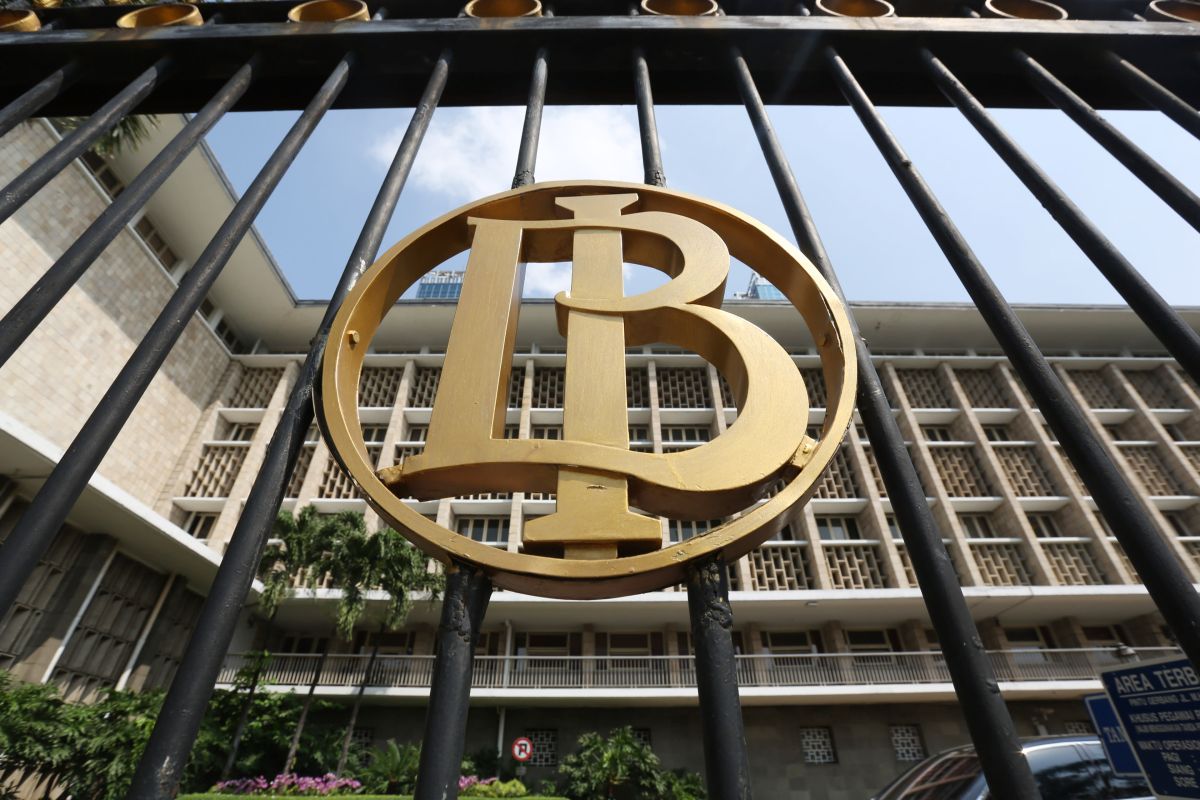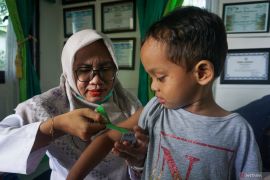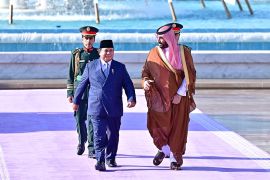The Solid BOP performance was supported by a lower current account deficit coupled with higher capital and a financial account surplusJakarta (ANTARA) - Indonesia’s external economic resilience has been maintained against a backdrop of global economic moderation, according to Indonesia’s Balance of Payment (BOP) in Q3/2019. The BOP improved by recording a deficit of US$46 million in Q3/2019, significantly reduced from a deficit of $2.0 billion in the previous quarter, Executive Director of the BI Communication Department, Onny Widjanarko said in a statement received in Jakarta, Friday.
The Solid BOP performance was supported by a lower current account deficit coupled with higher capital and a financial account surplus, Widjanarko remarked.
Consequently, the position of the official reserve assets stood at $124.3 billion at the end of September 2019, increasing from $123.8 billion at the end of June 2019.
The position of the official reserve assets was equivalent to financing 7.2 months of imports or 6.9 months of imports and servicing the government’s external debt, which is well above the international adequacy standard of three months of imports.
The current account deficit had narrowed, supported by a lower oil and gas trade deficit amidst a stable non-oil and gas trade surplus.
The current account deficit decreased from $8.2 billion (2.9 of GDP) in Q2/2019 to $7.7 billion (2.7 percent of GDP) in Q3/2019, Onny Widjanarko said.
The better performance of the current account was attributed to an upturn in the goods trade surplus linked to the lower oil and gas trade deficit, amidst the stable non-oil and gas trade surplus.
The oil and gas trade deficit narrowed with declining imports, in line with the positive impact of import control policies, including the B-20 program, he stated.
Meanwhile, non-oil and gas trade surplus were relatively stable amidst a weakening global economy and declining export commodity prices.
Improvement in the current account deficit was also backed by a decrease in the primary income deficit due to smaller dividends repatriation and service interest payments on external debts.
Capital and financial account surplus rose, reflecting investor optimism of the domestic economic outlook, Widjanarko said.
The capital and financial account surplus stood at $7.6 billion in Q3/2019, up from $6.5 billion in the previous quarter.
The gain in the capital and financial account surplus primarily stemmed from a maintained foreign capital inflow to domestic financial investment assets, which has boosted portfolio investment performance.
Moreover, the rising surplus was also underpinned by a lower other investment deficit, due to higher private sector net drawings on foreign loans accompanied by a more moderate government’s foreign loan net repayments, Widjanarko noted.
Going forward, Indonesia’s BOP is expected to remain solid, thus bolstering external sector resilience.
The BOP outlook is supported by a manageable current account deficit in 2019 and 2020 within 2.5-3.0 percent of the GDP and a maintained influx of foreign capital.
Bank Indonesia will continue to strengthen coordination with the government and relevant authorities to improve the external sector’s resilience as well as attracting more Foreign Direct Investment. (INE)
Related news: Indonesia's trade balance recorded USD0.16 billion in September
Related news: Positive business activity maintained despite slow growth: BI
Reporter: Azis Kurmala
Editor: Suharto
Copyright © ANTARA 2019












